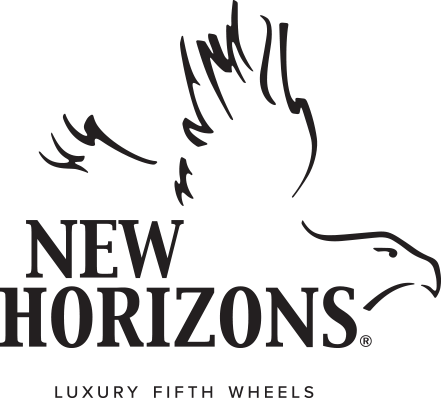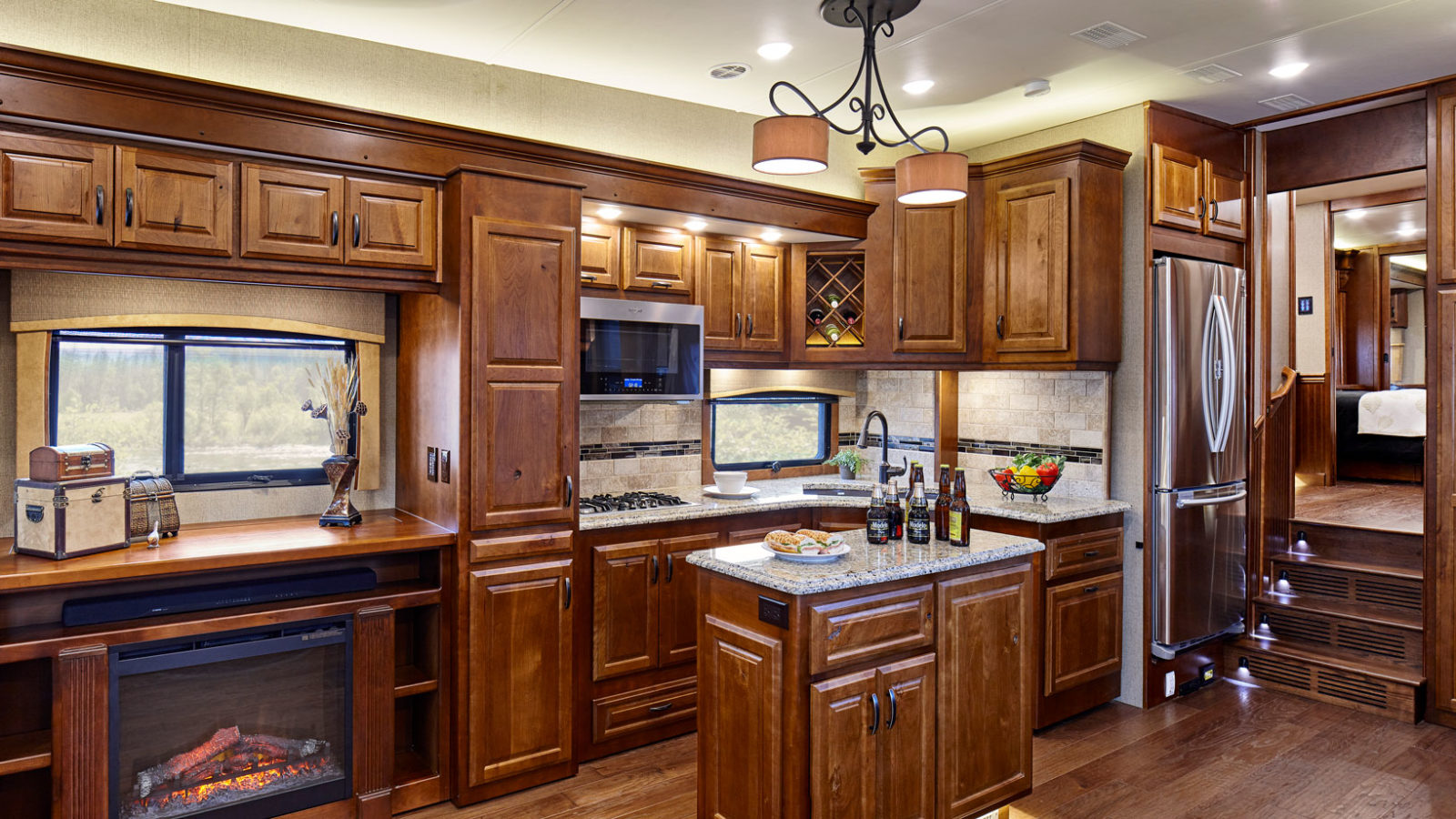The following information is from the Do It Yourself RV newsletter.
You wouldn’t take a sip out of your RV sewer hose, but connecting to some campground water supply lines could be just as disgusting and dangerous to your health.
Recent news headlines show that contaminated campground water is an ongoing problem around North America. Unfortunately, you can’t smell or taste one of the most frequent contaminants, E. coli bacteria. Campers lacking RV water filtration systems are playing Russian roulette each time they connect to a water supply.
In 2018, RVers in Julian, Calif., unknowingly ingested contaminated campground water laden with the gut-wrenching E. coli bacteria. Nobody died, but campers boiled all water until further notice. Unfortunately, this incident wasn’t unusual.
May 2017: Campers at Little Wood River Reservoir Campground in Cary, Idaho, got a nasty surprise. Authorities found trace amounts of E. coli thriving in their contaminated campground water supply. Experts promptly shut down the system.
June 2016: The public campground at Omaha’s Lake Cunningham made headlines when water authorities detected contaminated campground drinking water. Experts closed the entire park because of E. coli.
May 2016: Officials monitoring a Minnesota state park water supply discovered contaminated water twice in one season.
Contaminated campground drinking water can happen at great parks and bad ones. E. coli infiltrates wells for many reasons, including animal waste runoff from nearby farms, old leaky septic systems and inadequate waste water management.
Many RV parks and campgrounds are on their own private water wells and could be at greater risk of contamination. According to the Mayo Clinic, “Private wells are a greater cause for concern because they don’t often have any disinfecting system. Rural water supplies are the most likely to be contaminated.”
How to protect yourself from contaminated campground water
We all have E. coli living in our bodies. In a normal environment, the bacteria do no harm. However, certain strains are more dangerous than others. If you accidentally ingest one of the more vicious strains, you could experience the most horrific gastrointestinal distress of your life.
Symptoms include diarrhea, abdominal cramping, nausea and vomiting. You may notice these signs the day after ingesting E. coli or even a week later. The bacteria are especially dangerous (and sometimes lethal) for people with compromised immune systems, like elderly adults and young children.
Even reliable water systems can become contaminated with E. coli. But if your health is less than optimal and you want extra reassurance for your RV water supply, you can:
- Fill your water tanks from a municipal water source.
- Install an RV water filtration system.
Choosing an RV water filtration system can seem overwhelming. Manufacturers offer many different ways to purify water, but if you enjoy camping in rural locations, you may want to consider an ultraviolet light sterilizer.
Water purification experts say that UV light sterilizers can be used for an entire RV water system, not just drinking water. These systems don’t usually cost as much as the second-best RV water purification option, a reverse osmosis system. “RO” systems, as they’re called, remove most contaminants from your RV water supply.
Don’t leave home without a good RV water filtration system. After all, your intestinal health — and even your life — could depend on it.


 How to Find a Remote (and Free!) Boondocking Location Using Google Maps
How to Find a Remote (and Free!) Boondocking Location Using Google Maps